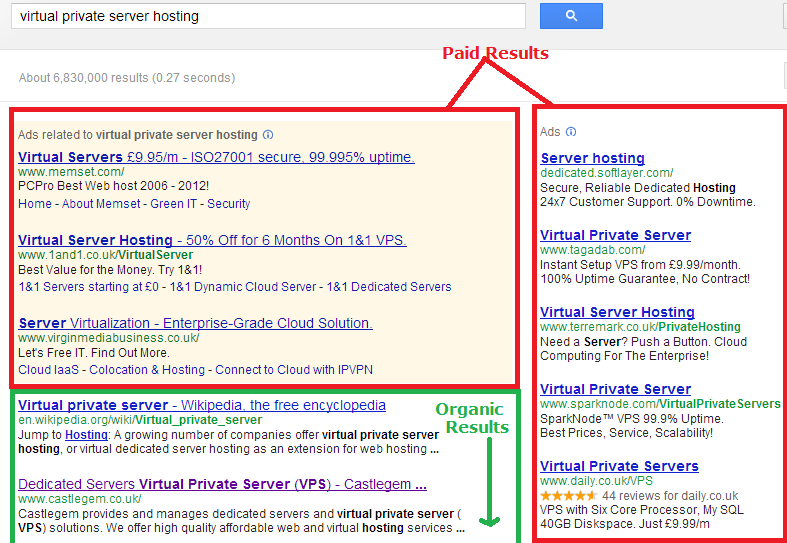Search Engine Marketing: Ensuring That Your Customers Can Find You Online
What do you do when you want to find something on the Internet? Google (or Yahoo!) it. Indisputably, search engines represent the most popular way for users to navigate around the World Wide Web. Given that 85% of all Internet users in Singapore alone actively use search engines, search engine marketing has become an important step for businesses looking to establish their digital presence.
Marketing your business using search engines as a channel might seem complicated at first, but you are off to a good start if you familiarize yourself with two main search strategies – paid and organic. Before we delve into the details, it is important to get a basic understanding of how consumers use search engines.
Regardless of the search engine used, users rely on keywords to find the information they need. Within (milli)seconds of entering the relevant keywords into the search engine, users are presented with pages of listings of potential matches to their search interests. On most search engines, there are typically two types of results available.
1. Paid Search Listings
Making up about 20-30% of total page clicks, paid search listings work like advertisements - website owners bid on relevant keywords to achieve prominent positioning in search listings. These listings are typically differentiated (either a different background or font color) and appear on the top of a search results page.
2. Organic Search Listings
Organic listings are the results with the most relevance to the keywords entered. Search Engine Optimization (SEO) is the process of achieving high prioritization in organic listings. In the commercial context, they are usually the corporate website or other brand-owned properties.
A good way to begin on your search engine marketing is to do an exercise on keyword research. Ideally, this would form the basis for all your digital channels built, providing a guideline on your website development, content creation (and how it is tagged), and social media participation.
Here is a free tool from Google AdWords https://ads.google.com/intl/en_sg/home/tools/keyword-planner/ you can use for keyword research.
Organic Search Strategy
The results that appear naturally on the search results page are based on how the search engines trawl each website’s content. Search Engine Optimization (SEO) involves managing and selecting website features such as keywords, title tags, body copy and inbound links that are included in the algorithm which determines the order of the listings.
By understanding how this algorithm is derived, you are better positioned to develop the appropriate strategies to optimize your website’s listing on a results page. A search engine works as such – web crawlers (an Internet bot) systematically crawls the Web and extracts information from each page. The content they look out for (and that you should be actively managing) includes:
- What the page is about (number of times an important word appears)
- Where the word appears on a page
- How the word appears (capitalization, punctuation, bolded, etc.)
- Links to the page (number of times, and rank of other pages linking to it)
- The significance of these established links
The crawler encodes and stores information on such pages and along with other factors, ranks each page on content and orders it in the search listing accordingly.
In addition, the algorithm for determining the order of the listings also includes off- page factors. Search engines look for clusters of thematically similar content by focusing on the following features:
- Link Popularity - Number of links pointing to site
- Link Authority - Quality of links pointing to site
- Anchor Text or Link Text (the keyword phrase appearing in the hyperlink to
your site) - Title Tag (the keyword phrase appearing in the title of page linking to your
site)
Search Engine Optimization can be a tedious task and requires careful strategizing of content and site design. The good news is that you can use any of the previously suggested website builder tools like WordPress, Weebly or Wix which are already automatically search optimized for you.

